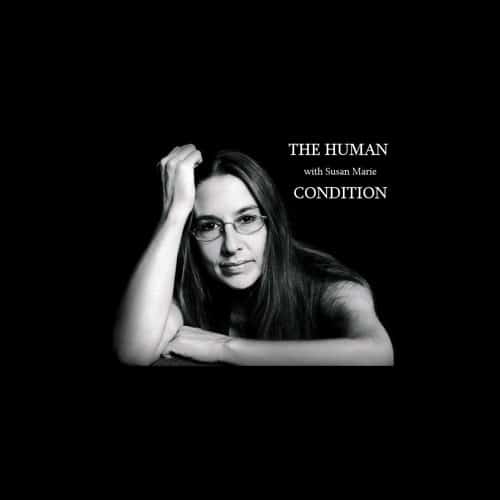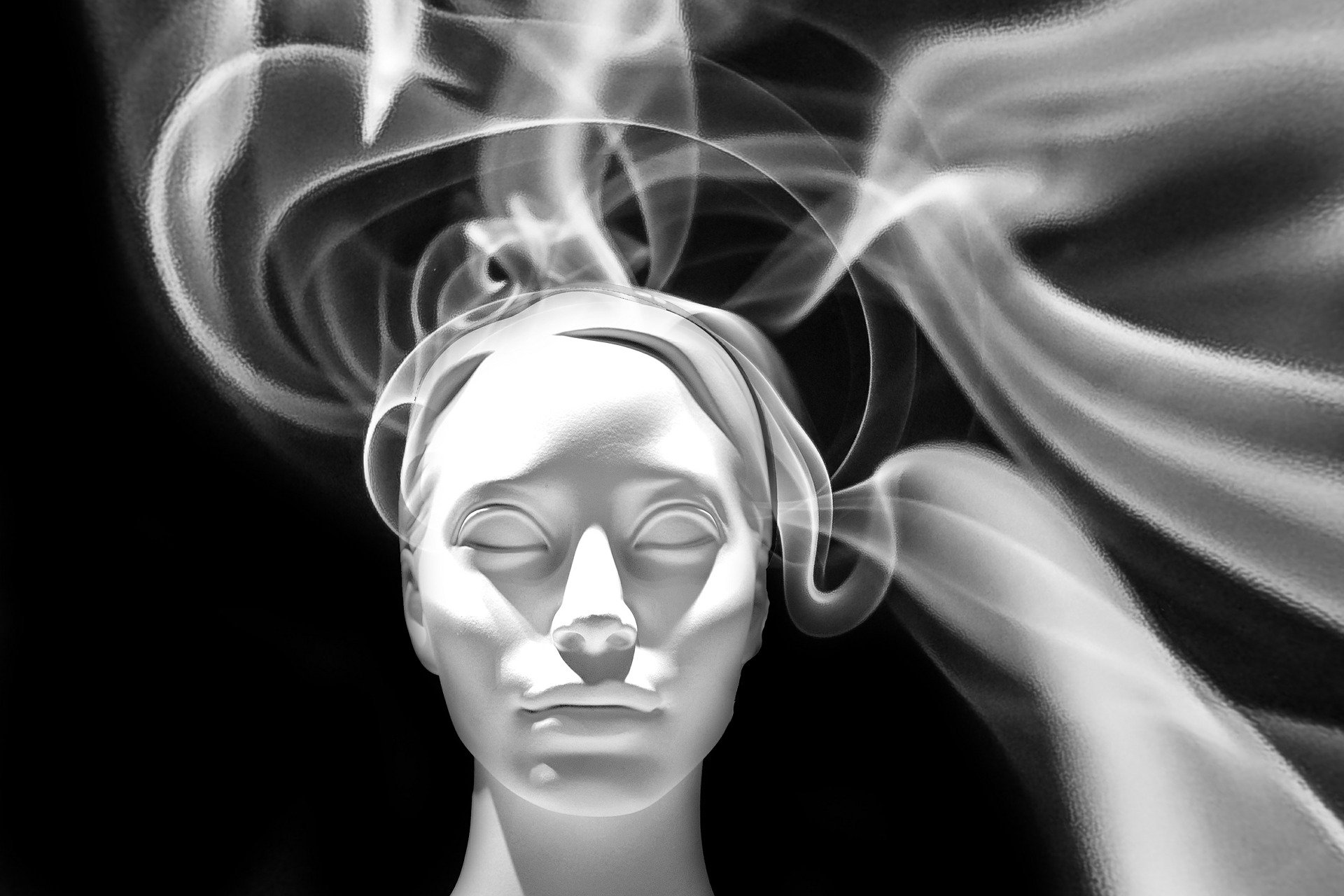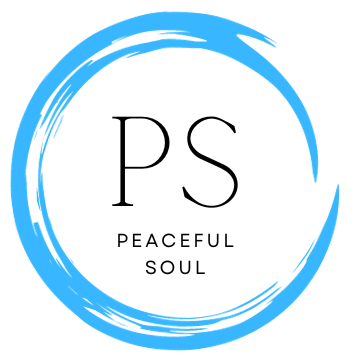The Wellbeing 5 Project
Susan Marie
The Human Condition
The Mental Wellbeing 5
5 Simple Questions to help with mental wellbeing with answers from Experts, Thought Leaders, Campaigners & Advocates
Susan Marie
Susan is a Spoken Word Poet, Writer, Author, Broadcast Journalist. Podcast Host and Clinical Mental Health Counselor.
As part of Susan’s mental health counseling work she is a New York State Certified Peer Specialist & New York State Certified Medical Assistant and holds Tele-Mental Health & Narcan Certificates. She is also a United Nations volunteer and a human rights & mental health advocate.
Susan’s podcast, “The Human Condition” is a weekly 10-12 minute audio series featuring Susan, the audience and a conversation about everyday experiences, made simple. It discuses a myriad of topics from pride, gender & identity through to consciousness, meta-cognition, resiliency & self-efficacy.
Find out more about Susan here

The Mental Wellbeing 5 with Susan Marie
1. What is your favourite quote, anecdote, proverb or experience that helps with mental wellbeing?
Susan:
There are two memorable, universal ideals I exist by regarding assisting with mental wellbeing. The first lines are from the poetic preface of Leaves of Grass by Walt Whitman:
Re-examine all you have been told
in school or church or in any book,
Dismiss whatever insults your own soul;
And your very flesh shall be a great poem.
– Walt Whitman, Preface to Leaves of Grass, 1855 edition.
The second is from a song by Nina Simone:
You’ve got to learn to leave the table
When love’s no longer being served.
– Nina Simone, from You’ve Got To Learn, 1965.
2. What is your top piece of advice for mental wellbeing?
Susan:
The most essential piece of maintaining mental well-being is to establish healthy and rational boundaries. Boundaries are different and specific for each individual and range from not answering the phone immediately when it rings to learning to say no to things one does not wish to engage in at the moment without feeling guilty. Boundaries help an individual create healthy spaces for oneself to avoid resentment, disappointment or violation. Boundaries let others know that it is not okay to treat one in a certain way. Boundaries foster self-esteem, self-worth and empower an individual to understand that they matter.
3. What is the one change in the world that you would like to see? (in your area of wellbeing or in the world in general or both)
Susan:
There are numerous changes that are needed in our world, however, a most integral and necessary change is to end the stigmatization of those living with mental and/or emotional conditions. This is done via advocacy and awareness, such as this conversation we are having right now. Other ways to assist ending stigmatization is by educating self, volunteering for organizations in dire need of help, and by standing in solidarity with those living with such conditions. Mental health and well-being is treated differently than diseases. For example, if one has heart disease, society is compassionate towards that individual. When one is living with a mental or emotional condition, that individual is seen as less than, is “othered” and blamed for having a condition they often have no initial control over. Educating self regarding how mental and emotional conditions develop is crucial. Most are genetic, some are due to chemical imbalances (neurotransmitters) and others due to trauma. Everyone is different, however, a mental health condition is never less than a physical disease.
4. Which resources (books / websites / videos etc) for wellbeing would you recommend?
Susan:
When advocating for mental well-being, seeking to educate self and others, or wishing to volunteer, excellent resources regarding mental health include:
The National Domestic Violence Hotline
5. What’s the one thing that always makes you smile?
Susan:
One thing that always makes me smile is when you witness someone “get it” and what I mean by that is when an individual is struggling with anything in life, and you observe them struggle, suddenly they understand what they need to do to get past that struggle, no matter what it is and it is that “lightbulb moment”; when someone understands and takes action, which essentially is empowering oneself towards progression. It does not matter what age a person is or what situation they are dealing with. It does not matter if thier moment is a first or the fifitieth. What matters is witnessing an individual understand that they deserve to feel good. That is a beautiful thing and it always makes me smile.
Bonus Question! Is there anything else pertinent you would like to add to the conversation?
Susan:
The most pertinent and existentially monumental purpose we have on this plane as human beings is to learn to love ourselves.
Further Exploration - Susan Marie

Website: Susan Marie
Susan's website containing information about her, her poetry, her books, her radio show & appearances, writing affiliations, human rights, journalism, testimonials and her clinical medical health counseling work.

Podcast: The Human Condition:
Susan's podcast, a weekly 10-12 minute audio series featuring Susan, the audience and a conversation about everyday experiences, made simple. It discuses a myriad of topics from pride, gender and identity to consciousness, meta-cognition, resiliency & self-efficacy.
Link provided is for Soundcloud. The Human Condition is also available on iTunes, YouTube, Google Podcasts and Amazon Podcasts.

Book: Shahada
Susan's book, Shahada, is her 2017 book of poetry, "a 71 page volume of pure stream of consciousness derived from years of talking with the world, myself, the human condition, based upon existentialism, raw sexuality, passion, the Divine Feminine and Sacred Masculine, Mother Earth, Father Sky, wind, water, wood, metal and fire."

Project: The Trevor Project
The charity Susan volunteers for, The Trevor Project is the world's largest suicide prevention and crisis intervention organization for LGBTQ youth. The project believes LGBTQ young people deserve a welcoming, loving world. And they wake up every day dedicated to making that a reality.
Social Media - Follow Susan below
More Mental Wellbeing 5 Interviews Below

More Mental Wellbeing 5 Interviews
With answers from experts, thought leaders, advocates and campaigners to help with mental wellbeing



